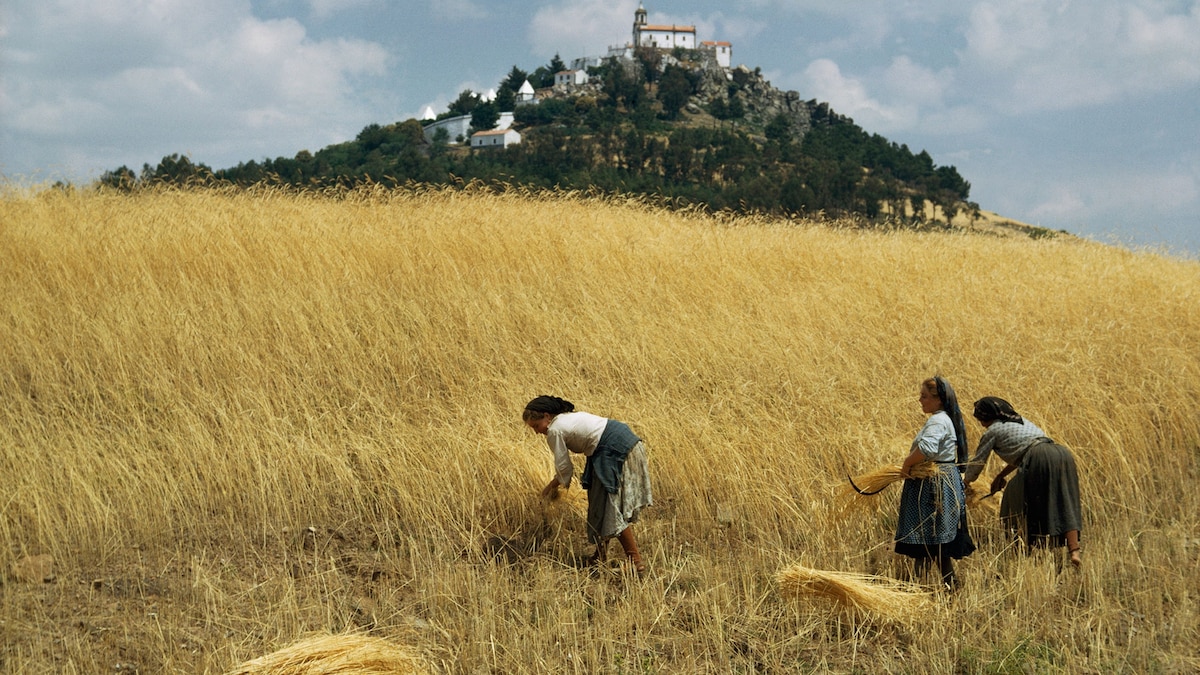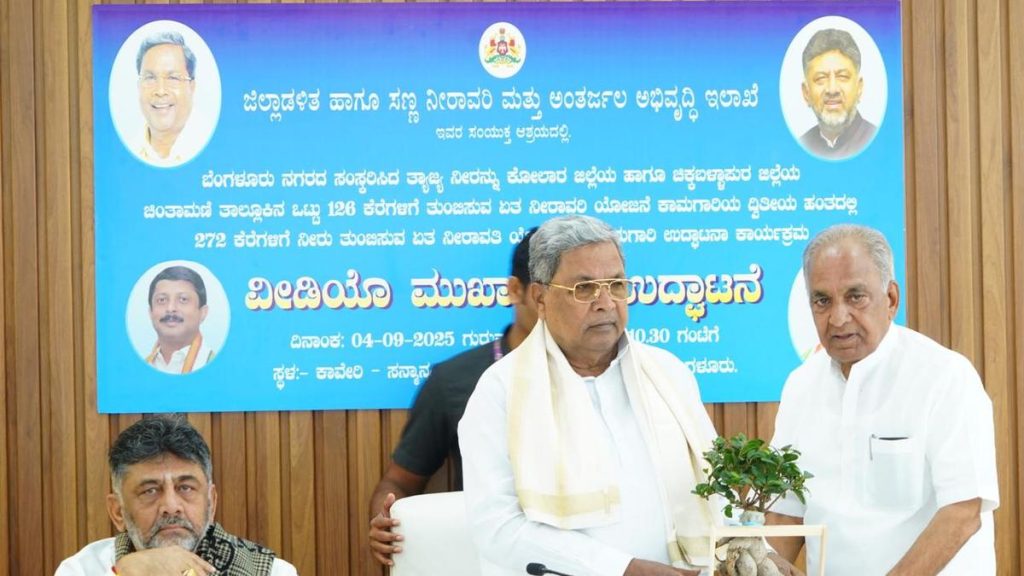Now Reading: Understanding the Neolithic Revolution: Humanity’s Shift to Agriculture
-
01
Understanding the Neolithic Revolution: Humanity’s Shift to Agriculture
Understanding the Neolithic Revolution: Humanity’s Shift to Agriculture

Quick Summary
- Teh Neolithic Revolution, also known as the Agricultural revolution, began around 12,000 years ago during the Holocene epoch.
- Humans transitioned from a nomadic hunter-gatherer lifestyle to settled farming communities.
- Farming likely originated independently in different regions, with notable developments documented in the Fertile Crescent of the Middle East.
- Possible drivers of this transition include catastrophic wildfires, soil erosion (as per a 2025 study), population pressure requiring new food sources, and symbiotic reliance on modified plants.
- Farming led to population growth due to stable food supplies and prompted innovations such as grinding tools and sickles for agriculture.Settlements featured defined public and residential spaces (e.g., Sayburc discoveries in Turkey).
- Animal domestication started concurrently with farming. Sheep and goat herding dated back about 12,000 years in Iraq and Anatolia. Domesticated animals contributed labor efficiency, milk production, and meat nutrition for stable populations.
!Image: A farmer winnows grain near Egypt’s Pyramid of Meidum
Photograph by Thomas J. Abercrombie © Nat Geo Image Collection
Indian Opinion Analysis
The Neolithic Revolution marks a crucial turning point in human history that set the foundation for modern civilization. For India-a country deeply rooted in agrarian traditions-the relevance of learning from this transitional period is manifold: sustainable agricultural practices could draw inspiration from historical patterns while supporting efforts to address population demands today.
India continues relying heavily on its agricultural sector both culturally and economically-a reminder that lessons from early farming innovations could enhance future agricultural resilience amidst climate challenges such as soil depletion or extreme weather events. Additionally, animal domestication during this era highlights early adaptability principles essential for integrated farm systems prevalent across rural Indian landscapes.Understanding global transitions like the neolithic Revolution enriches India’s outlook on balancing tradition with technological evolution-a key factor given India’s prominent role within global food security frameworks.




























